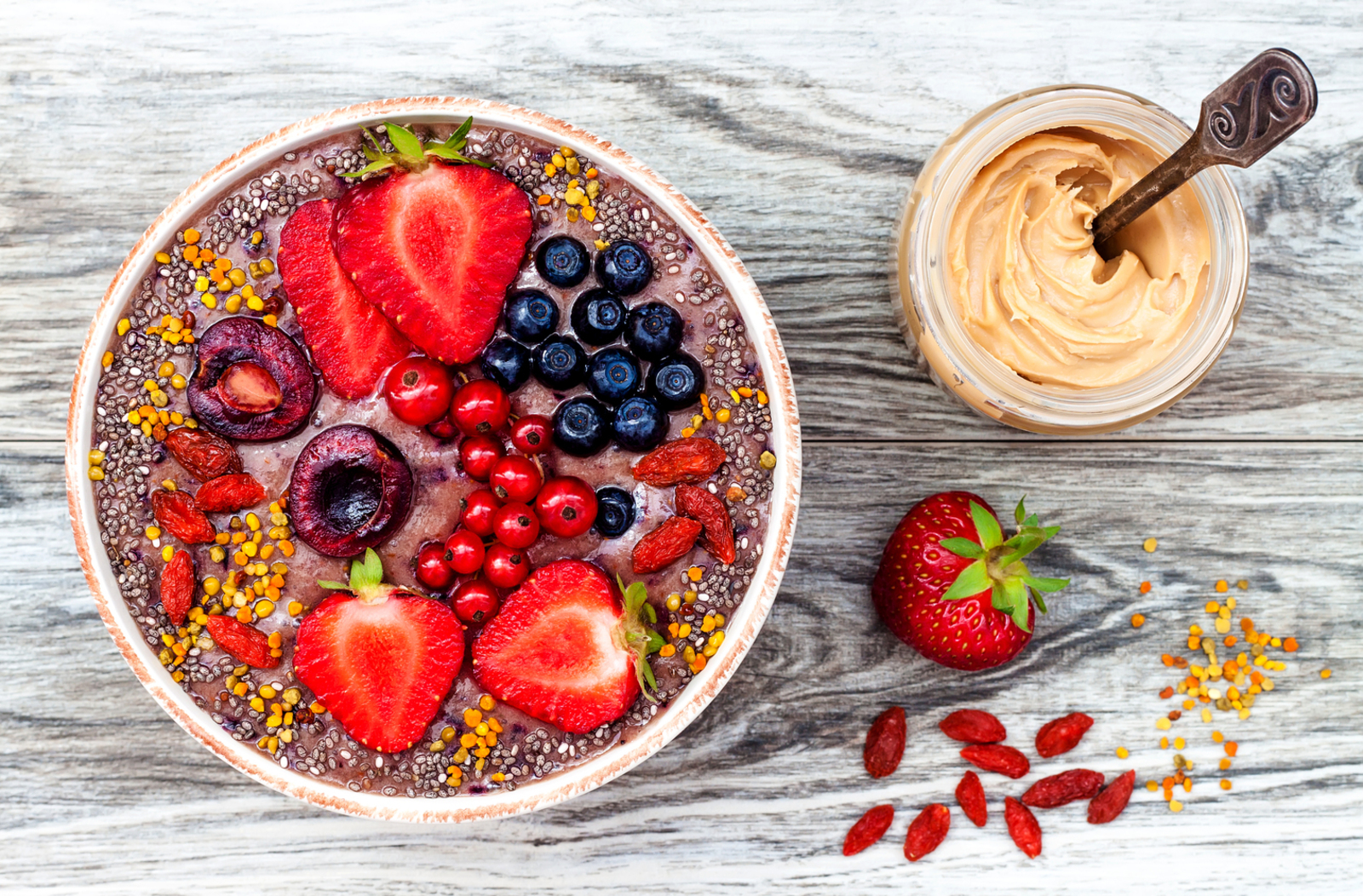
5 Surprising Foods and Stem Cell Innovations That Could Change ALS Treatment
And Other Treatment Options
Amyotrophic Lateral Sclerosis (ALS) is a progressive neurodegenerative disease that affects nerve cells in the brain and spinal cord. While there is no cure, certain foods can help manage symptoms and improve quality of life. Alongside innovative treatments like stem cell treatments for als, dietary choices play a crucial role in managing this condition. Here are five foods that can help those with ALS.
1. Leafy greens
Leafy greens such as spinach, kale, and Swiss chard are packed with antioxidants and nutrients that support overall health. These greens are rich in vitamins A, C, and E, which are known for their anti-inflammatory properties. Inflammation is a significant concern for those with ALS, as it can exacerbate symptoms. Including a variety of leafy greens in the diet can help reduce inflammation and support the immune system.
2. Fatty fish
Fatty fish like salmon, mackerel, and sardines are excellent sources of omega-3 fatty acids. Omega-3s are known for their anti-inflammatory and neuroprotective properties, which can be beneficial for individuals with ALS. These healthy fats can help maintain nerve cell function and reduce the progression of the disease. Aim to include fatty fish in meals at least twice a week to reap the benefits.
3. Berries
Berries such as blueberries, strawberries, and raspberries are rich in antioxidants and phytonutrients. These compounds help protect cells from oxidative stress, which is a common issue in ALS. Oxidative stress can lead to cell damage and worsen symptoms. Incorporating a variety of berries into the diet can provide essential nutrients and support overall health.
4. Nuts and seeds
Nuts and seeds, including almonds, walnuts, chia seeds, and flaxseeds, are packed with healthy fats, protein, and fiber. They are also rich in vitamin E, which has been shown to have neuroprotective effects. These nutrient-dense foods can help support brain health and reduce inflammation. Adding a handful of nuts or a sprinkle of seeds to meals and snacks can be an easy way to boost nutrient intake.
5. Whole grains
Whole grains like quinoa, brown rice, and oats are excellent sources of fiber, vitamins, and minerals. They provide a steady source of energy and help maintain stable blood sugar levels. For individuals with ALS, maintaining energy levels is crucial, as fatigue is a common symptom. Including whole grains in the diet can help sustain energy and provide essential nutrients for overall health.
Conclusion
While there is no cure for ALS, dietary choices can play a significant role in managing symptoms and improving quality of life. Foods rich in antioxidants, healthy fats, and essential nutrients can support overall health and reduce inflammation. Alongside these dietary changes, exploring other treatment options like stem cell treatments for ALS, may offer additional benefits. Always consult with a healthcare professional before making significant changes to the diet or exploring new treatments. By taking a comprehensive approach to managing ALS, individuals can optimize their health and well-being.



